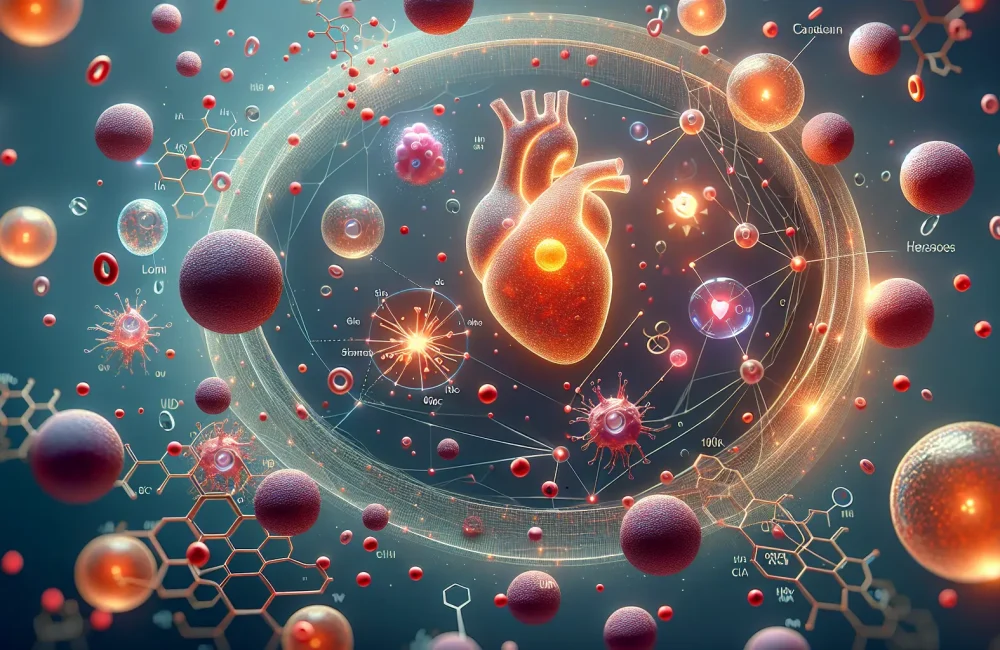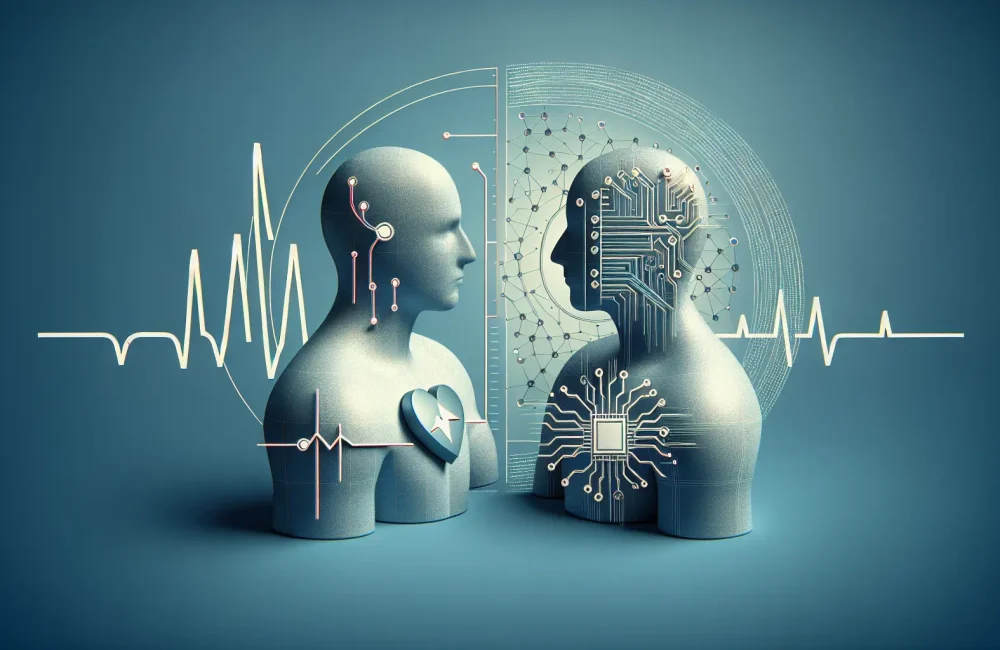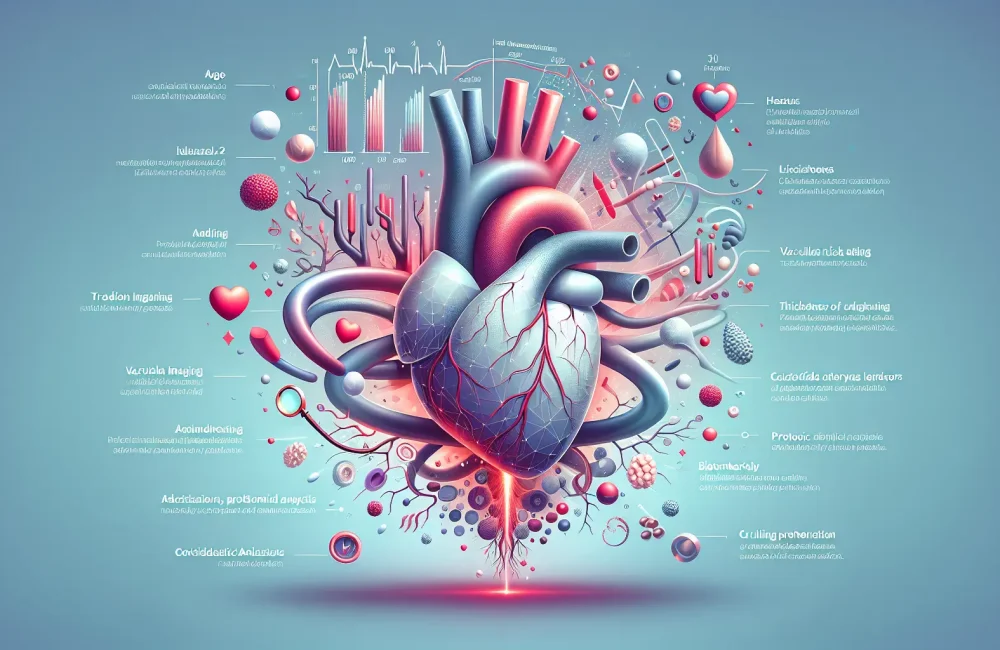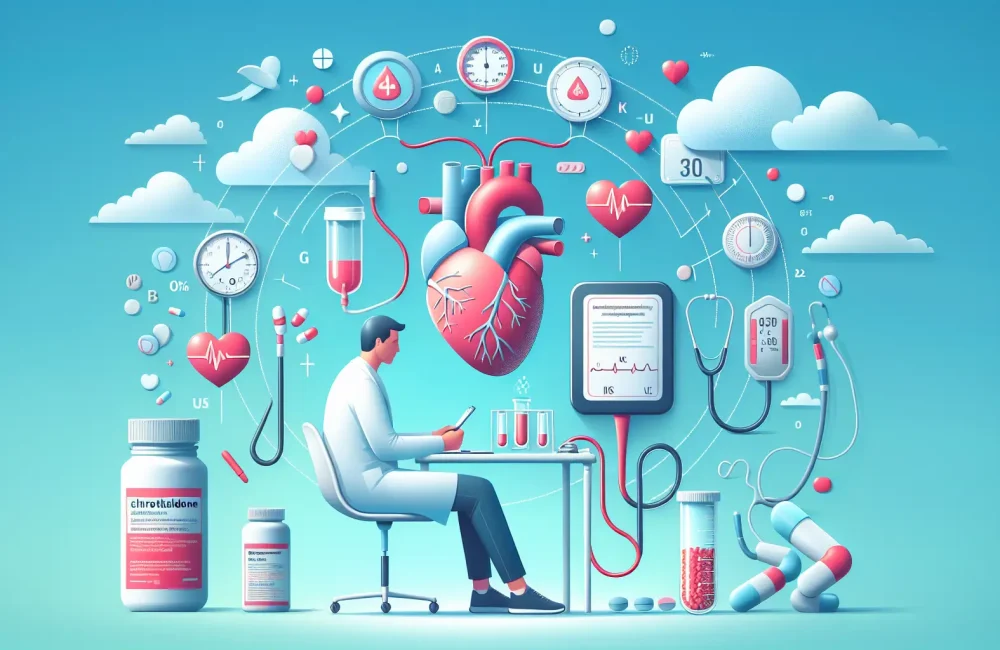By CAFMI AI From npj Biomedical Innovations (Open Access)
Exosomes and Cardiac Repair Metabolism
Exosomes have emerged as vital players in the repair of heart tissue after injury, such as from a heart attack. These tiny extracellular vesicles, released by heart muscle cells and stem cells, carry molecules that influence how recipient cells function. Their role in metabolic regulation is crucial, as metabolic changes in damaged heart tissue greatly impact recovery and function. This means that exosomes act as important messengers, facilitating communication between cells to coordinate metabolic processes critical for cardiac healing. Understanding this interaction helps clarify how the heart can regenerate and recover more effectively after injury.
Therapeutic Potential of Exosome-Based Treatments
Research suggests that exosome therapies could improve outcomes in patients with heart damage by enhancing metabolic flexibility and the energy balance within the heart muscle. These therapies aim to deliver beneficial molecules directly to damaged areas, promoting repair and regeneration. Advances in how exosomes are produced, loaded with therapeutic cargo, and targeted to specific heart regions are making these treatments more feasible. However, challenges remain in standardizing these therapies, ensuring their safety, and controlling their distribution within the body. Clinicians should be aware of these ongoing developments as they represent potential future options in managing cardiac repair.
Clinical Implications and Future Directions
Integrating exosome-based approaches with current cardiac care offers promising new avenues for treatment. By targeting metabolic pathways fundamental to heart repair, these innovative therapies may improve patient outcomes beyond what current treatments achieve. While still largely in the research phase, understanding the role of exosomes in cardiac metabolism equips primary care clinicians with knowledge about forthcoming advances. This can inform discussions with cardiology specialists and help prepare for eventual clinical applications that could transform care practices for patients recovering from heart injuries.
Read The Original Publication Here






